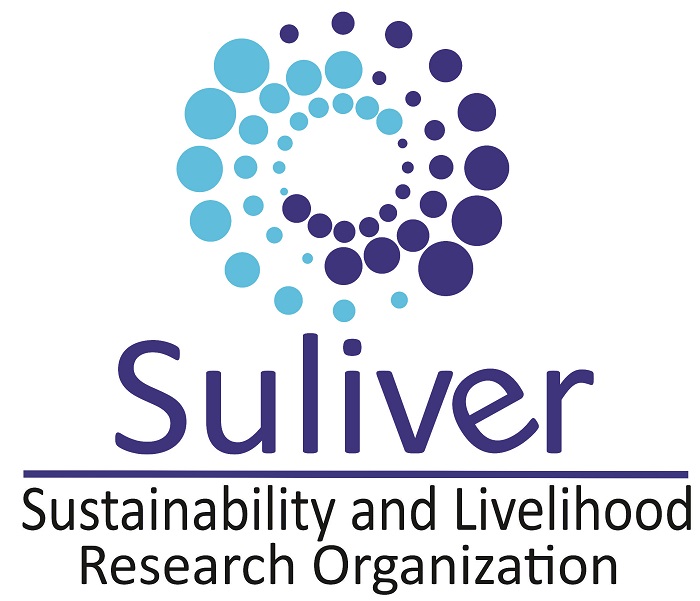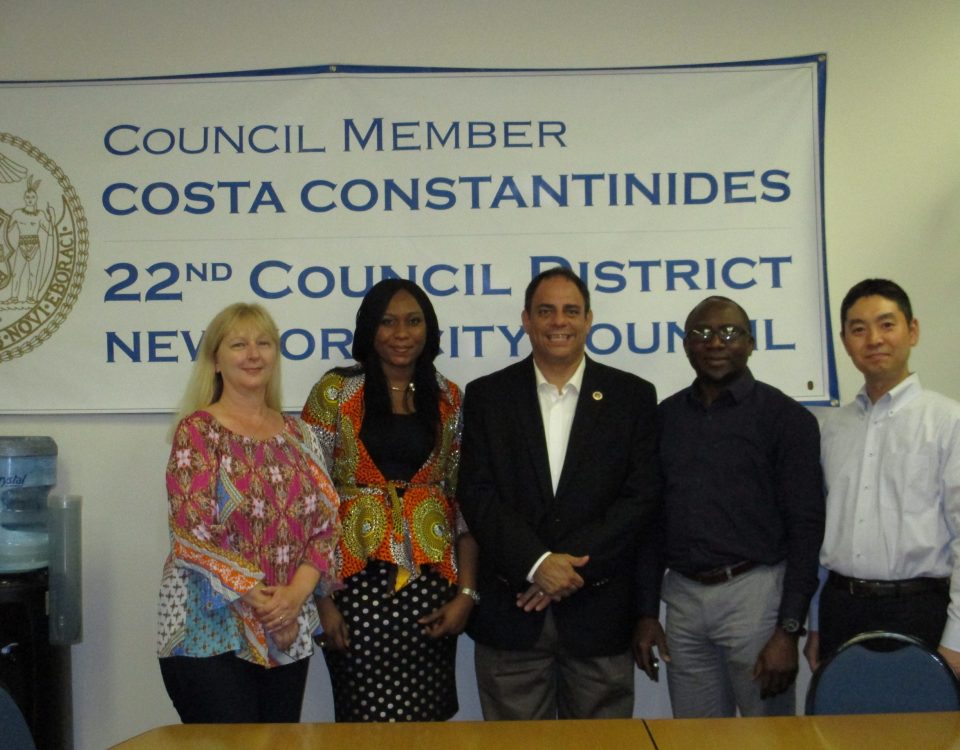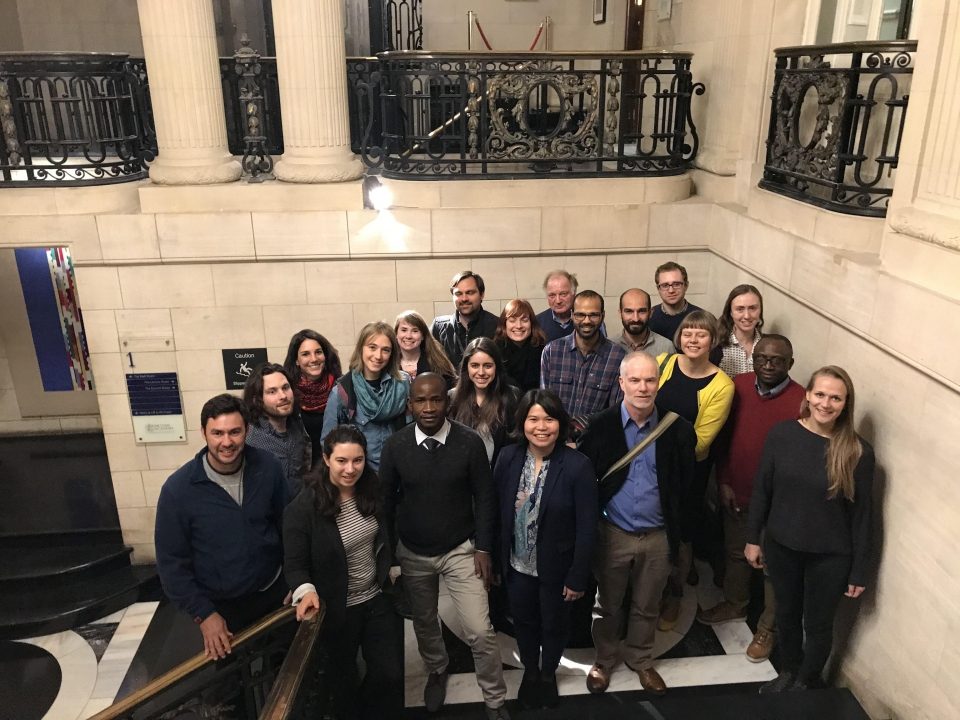
Governments’ Role in African Urbanization
January 26, 2017
Hygiene and Sanitation-WASH
January 27, 2017
Workshop: Urbanization, Global Health Governance and Cross-border Health Emergencies
About the workshop
Generally, cross-border health emergencies with deleterious effects are on the rise. This is particularly evident in urban and peri-urban areas in the low and middle-income countries. The rapid urbanization of the world is bringing significant health challenges And while many health risks are concentrated in urban areas, most of these cities especially in developing countries lack vital socio-economic and institutional infrastructures that essential for effective community health readiness. Unfortunately, outbreak of epidemics is primarily treated as health/medical matters. In essence, the lack of vital social and institutional factors that contributed to such outbreaks or hampered its effective management is easily ignored in community health equation. The availability of these factors or lack thereof impacts the ability of low and middle-income countries to address epidemic outbreaks effectively.
To realize the 2030 Agenda and SDGs, especially Goal 3, which addresses health and wellbeing, non-medical factors that contribute to community health interventions need to be addressed in a holistic manner. Thus, the recent global health emergencies such as the Ebola epidemic in West Africa and the Zika outbreak in South America have revealed the inherent weaknesses of community health readiness in many communities in the Global South. These weaknesses are dependent on social and institutional infrastructures that have a direct influence on health outcomes in rapidly urbanizing communities in many countries. The proposed one-day workshop on the aforementioned title will focus on the role of UNDP and other international agencies in the reinforcement of the socio-economic elements that determine community health and resilience. The workshop will address the question: In addition to community health education, what strategies can be used to improve the availability of non-health/medical infrastructures for a positive impact on community health outcomes in low and middle-income countries? This question will be approached within the context of international community’s response to the recent outbreak of cross-border epidemics.
The workshop will draw of practical ideas from the global implementation plan of IHR (2005) as one major strategy and policy proposal for health governance. Areas of focus will include but are not limited to the Ebola Virus Disease (EVD) in West Africa and the Zika virus in Southern America. The workshop will emphasize the fact that the vulnerability of families and communities during the outbreak of these epidemics has been made more pronounced primarily due to the absence of socio-economic elements of health infrastructure. It will also show that recovery is usually prolonged due to limited means of livelihood in affected communities.
Workshop Objectives
This workshop will highlight the critical role of institutional infrastructures in preventing and managing epidemic outbreak on the one hand, and in the recovery process of families and communities after the outbreak of such epidemics on other. Other objectives of the workshop are as follows:- To promote an understanding of how community health interventions are impacted by the quantity and quality and social infrastructures and institutional capacity in low and middle-income countries.
- To learn about the role of international development agencies in helping low and middle-income countries build essential social infrastructures as part of community health readiness.
- To Increase insights in the importance of non-medical factors in the effectiveness of health interventions and community health outcomes.
- To enhance the understanding of the central role of social infrastructures and institutional capacities in global health governance.
- Generate evidence of governance and institutional contributions to health outcomes and wellbeing
- Evaluate the role of social determinants of health in emergency preparedness
- Foster better understanding of the enabling factors of international health interventions and International Health Regulation
- Enhance the understanding of the impact of strong governance structure in the health sector of low- and middle-income countries
Often times, attention is focused on stopping the spread of diseases thereby, neglecting the importance of rebuilding livelihood (non-health or non-medical aspects of health) as part of health preparedness and recovery. The workshop provides the opportunity to draw attention to the interlocking nature of medical and livelihood determinants of health in communities across the developing world. In addition, it will underscore the imperative for a coordinated response in two facets: medical and livelihood.
Date: To be announced
Venue: To be announced
Time 10:00am




